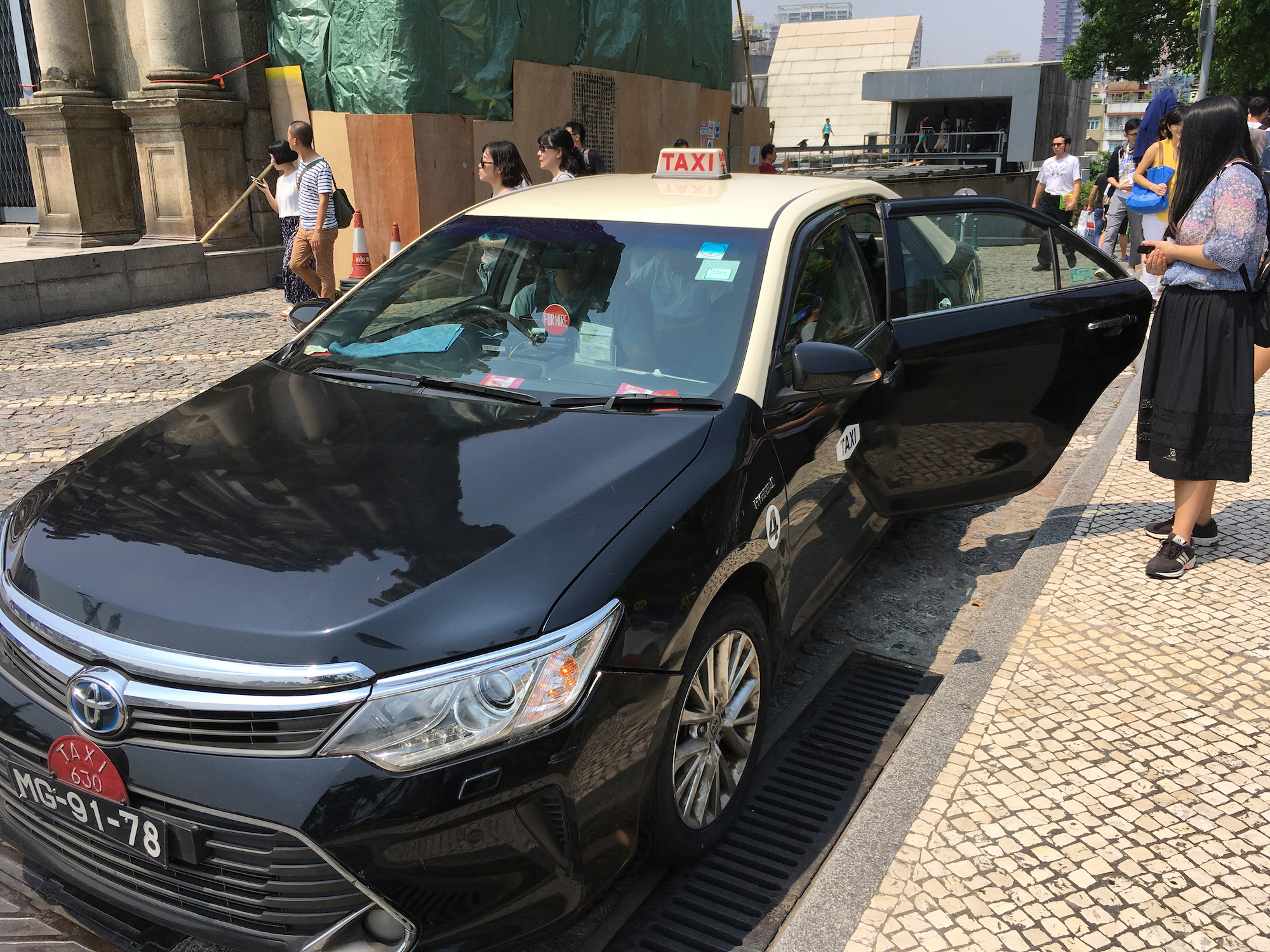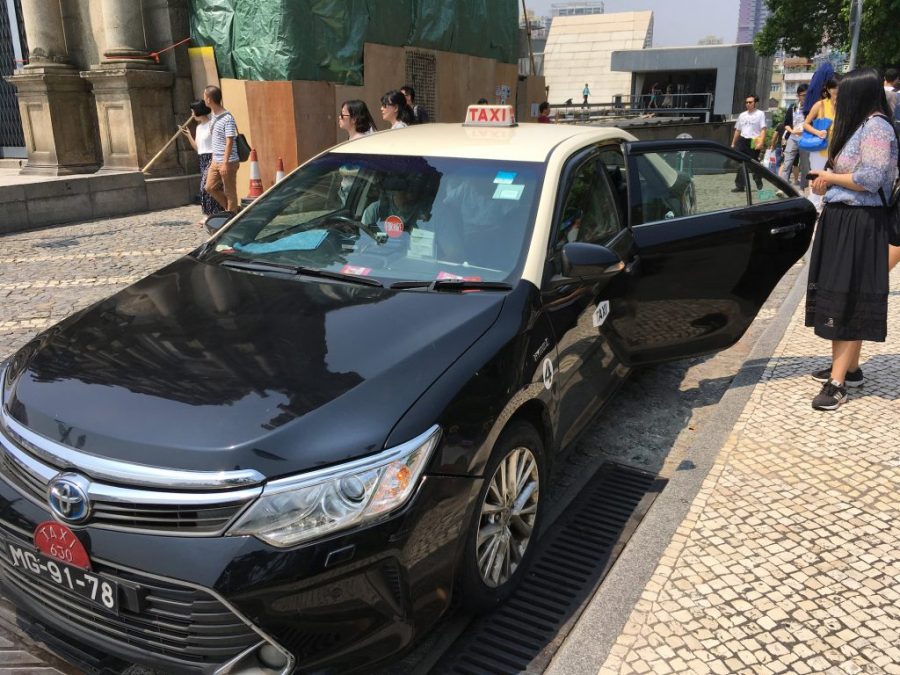A government system to monitor Macao’s taxis, which had prompted a storm of complaints from drivers, is all fair and above board, according to a report by the city’s official graft busters.
The system, which officials report has been largely successful, was introduced to curb underhand practices such as overcharging and refusing hire.
The Commission Against Corruption (CCAC) stated that it has completed its “Inquiry report on the intelligent terminal system for taxis”, and reaffirmed that the Transport Bureau’s (DSAT) “Supply and maintenance service of the taxi management system”, as well as the system’s monthly service fee, is “legal and reasonable”.
According to the commission, the taxi management system is divided into two parts, the “vehicle device” and the “taxi monitoring system”, and New Leader Tecnologia Informática (Macau) Lda (New Leader) was the winning bidder to manage the system.
The CCAC pointed out that regardless which company won the bid, the monthly charge for taxi owners to use the “vehicle device” is MOP 300, while the service fee for the “taxi monitoring system” is borne by the government. The commission stressed that since the implementation of the Legal Regime for Transport of Passengers in Light Vehicles for Renting, referred to as the new law, it has had a positive effect on tackling Macao’s “taxi chaos” situation.
The commission noted that since September 2020, the taxi sector had voiced their dissatisfaction about the taxi system through media and civil society groups.
Moreover, the commission had received complaints about the monthly fee for the taxi monitor. Therefore, the commission had investigated the matter, scrutinising the bidding proposals and consulting the opinions expressed by the complainants, DSAT officials and taxi drivers. The commission concluded that the bidding process as well as all the concerns raised showed no illegality.
The CCAC noted that the new taxi law aims to combat “refusing hire”, “selecting passengers”, “not taking the most direct route to the destination”, “negotiating taxi fare”, “taxi pooling” and “overcharging taxi fare”.
As a result, the DSAT had launched a combined tender for the two new systems – the “vehicle device” and the “taxi monitor system”, aiming to protect the rights of both passengers and cabbies. The CCAC underlined that during its investigation, the commission did not find any illegality or irrationality in awarding the combined bid to the current operator. The statement underlined that there is no evidence proving any collusion between the bureau and New Leader.
The commission stated that the main purpose of charging the MOP 300 monthly service fee is to safeguard the interests of the taxi permit holders and avoid New Leader setting the fee too high or raising it due to inflation.
The CCAC pointed out that the fee is clearly listed in the bidding document, so that no matter which company won the bid, the amount of the service fee would be the same. The commission also underlined that the government is already absorbing the MOP 150 cost for the “taxi monitoring system”.
The commission reaffirmed that those taxi permit holders who have not paid their deposit or monthly fee because they had doubts about the legality of the fees have no grounds to do so as the court has already ruled it is a false allegation. The CCAC pointed out that New Leader has the right to halt its services to those who fail to pay the fee.
The commission reaffirmed the effectiveness of the new law, noting that the bureau recorded zero cases of illegal taxi operations in 2020, while the Public Security Police recorded fewer than 150 cases and under 100 cases in 2021.
The statement also pointed out that there were 1,900 cases of overcharging throughout 2019, but the number dropped drastically in 2020 when only eight cases were recorded throughout the whole year. The commission pointed out that the data shows that the new law has “indeed played an important and positive role in combating the ‘taxi chaos’”, The Macau Post Daily reported.






